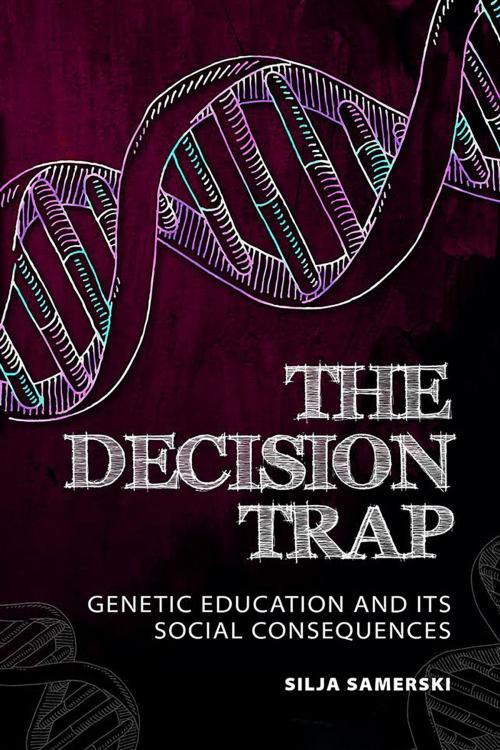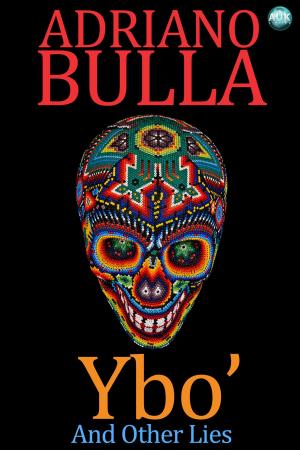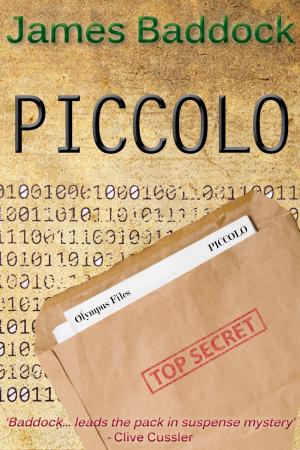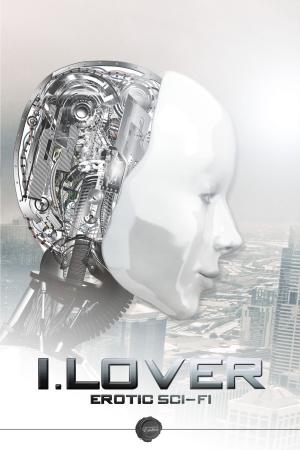The Decision Trap
Genetic Education and Its Social Consequences
Nonfiction, Health & Well Being, Medical, Medical Science, Genetics, Religion & Spirituality, Philosophy| Author: | Silja Samerski | ISBN: | 9781845408305 |
| Publisher: | Andrews UK | Publication: | June 15, 2015 |
| Imprint: | Imprint Academic | Language: | English |
| Author: | Silja Samerski |
| ISBN: | 9781845408305 |
| Publisher: | Andrews UK |
| Publication: | June 15, 2015 |
| Imprint: | Imprint Academic |
| Language: | English |
The Decision Trap questions a dogma of our time: the assumption that genetic education empowers citizens and increases their autonomy. It argues that professional instructions about genes, genetic risks, and genetic test options convey a genetic worldview which destroys self-confidence and makes clients dependent on genetic experts and technologies. Part one of the book introduces the reader to the idea of genetic education. It clarifies the notion of the "gene" as it is commonly understood, and shows that, scientifically, the concept of genes as definable, causal agents is outdated. Part two of the book investigates the hidden curriculum of genetic education, using genetic counselling as a prime example. Genetic counselling is a professional service that aims to enable clients to make autonomous decisions about genetic test options and cope with the results.
The Decision Trap questions a dogma of our time: the assumption that genetic education empowers citizens and increases their autonomy. It argues that professional instructions about genes, genetic risks, and genetic test options convey a genetic worldview which destroys self-confidence and makes clients dependent on genetic experts and technologies. Part one of the book introduces the reader to the idea of genetic education. It clarifies the notion of the "gene" as it is commonly understood, and shows that, scientifically, the concept of genes as definable, causal agents is outdated. Part two of the book investigates the hidden curriculum of genetic education, using genetic counselling as a prime example. Genetic counselling is a professional service that aims to enable clients to make autonomous decisions about genetic test options and cope with the results.















